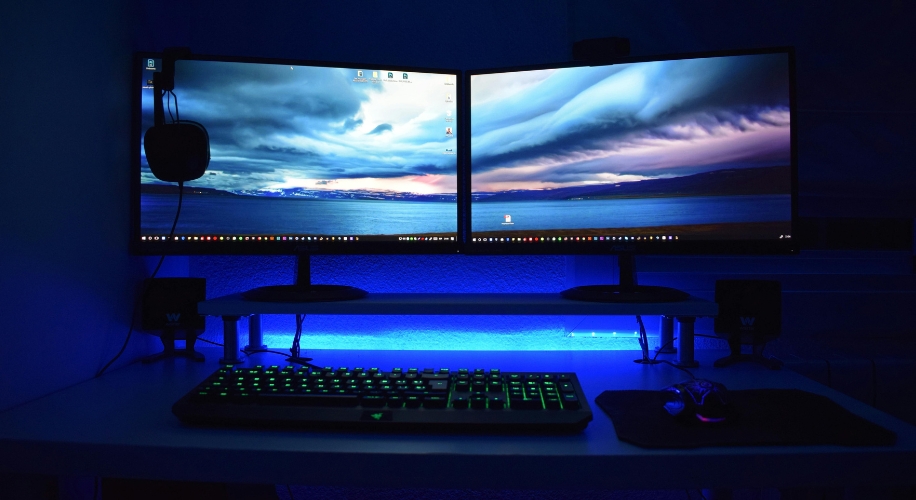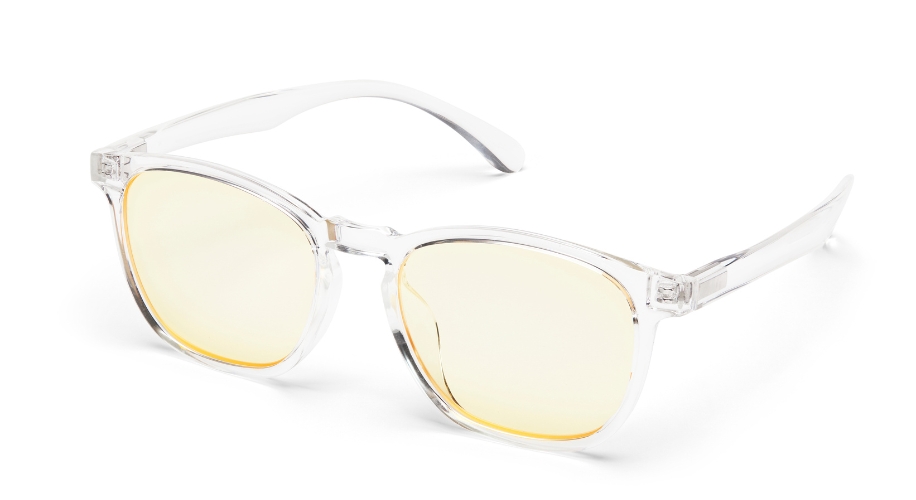Blue Light and Sleep: Making the Connection for Better Rest
- BY Dr. Steven Liem
- IN Eye Health

Photo by XXSS IS BACK
With the advent of digital technology, our exposure to artificial light, particularly blue light, has dramatically increased. Understanding the impact of this light on our sleep patterns is crucial for maintaining our overall health and well-being.
The Science of Blue Light
Blue light is a part of the visible light spectrum with a wavelength between 380 nm and 500 nm. This type of light is beneficial during the day as it boosts alertness, helps memory and cognitive function, and elevates mood. However, exposure to blue light at night can be disruptive. It mimics the daytime sunlight and interferes with our body’s natural sleep-wake cycle.
- Melatonin Suppression: Blue light inhibits melatonin, a hormone that signals our body it’s time to sleep, more powerfully than any other type of light, thus affecting our ability to fall asleep.
- Circadian Rhythm Disruption: Prolonged exposure to blue light can shift our internal clock, leading to sleep disorders.
- Digital Eye Strain: Symptoms of digital eye strain, like headaches and blurred vision, can also negatively impact sleep quality.
Shop These Zenni Frames
Protecting Your Sleep from Blue Light Exposure
In our modern world, it’s practically impossible to completely avoid blue light after sunset. However, there are proactive steps we can take to minimize its effects:
- Limit Screen Time Before Bed: Try to reduce the use of electronic devices that emit blue light at least an hour before bedtime.
- Use Blue Light Filters: Many devices now come with built-in blue light filter settings, or night modes that adjust the warmth of the screen.
- Create a Bedtime Routine: Establishing a consistent bedtime routine can signal to your body that it’s time to wind down and prepare for sleep.
- Wear Blue Light Blocking Lenses: Glasses such as our Blokz blue light glasses are specially designed to filter out blue light, preventing the effects of blue light on melatonin suppression and digital eye strain.
Healthy Habits for Better Sleep
In addition to wearing blue light glasses, incorporating other healthy habits can further enhance your sleep quality:
- Room Environment: Keep your bedroom dark, cool, and quiet to create an ideal sleeping environment.
- Mindfulness and Relaxation: Techniques like meditation and deep breathing can help calm your mind and prepare you for sleep.
- Regular Exercise: Engage in regular physical activity during the day to promote better sleep at night.
Shop These Zenni Frames
By understanding the connection between blue light and sleep, we can reduce blue light exposure to improve the quality and duration of our sleep. From decreasing the risk of chronic conditions like obesity and diabetes to enhancing cognitive function and mood, getting a good night’s sleep is essential for our overall wellness.



